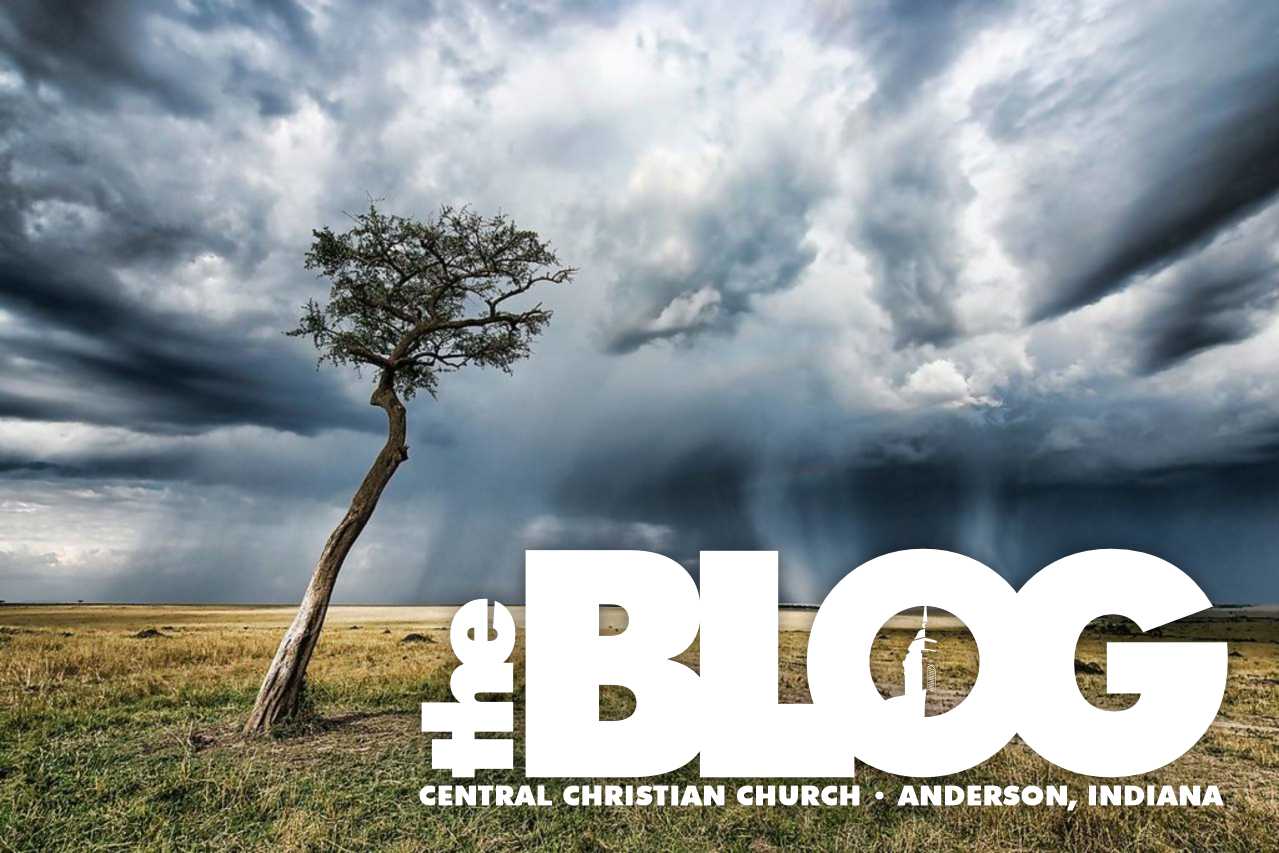BARREN by Pastor Ken Rickett

1286
Last week while driving through East Central Indiana into Ohio, I was struck by the barrenness of the landscape. Not only were the trees sporting leafless limbs and the fields still showing the brown stubs of last year’s soybean and corn harvests, but the yards of the homes along our route were starkly lacking the vibrant colors of growing and flowering fauna. Only a few evergreen trees and shrubs dared to show a contrast to their otherwise unappealing, brownish surroundings. Even livestock in pastures were munching on beige-colored dried grass (hay).
However, I saw signs. Only two farmers were riding tractors, harrowing the moist soil, and revealing the promising dark brown fresh soil awaiting the seeds of this year’s crop. And, incredibly, a handful of fields revealed the peeping greenness of winter wheat growing in long, straight rows. But the near freezing temperatures and the gray skies dared me to hope that these signs would not be an aberration to a coming spring.
Barrenness. And promise.
In the mountains of North Carolina, I have fond memories of driving by the blue waters of the small Lake Junaluska located near Waynesville, NC. A Methodist Retreat Center, homes for retired ministers, and other residences line the hillside streets in which there is a view of the reflective waters of the Lake in which sunrises and sunsets could be seen in its breath-taking hues. But on Facebook this morning, I saw a drone photo of a drained, and empty Lake Junaluska. Creeping through the middle of the basin was a narrow creek that had been dammed to create the Lake. The reason for draining the Lake? Over the long years, the Lake had become filled with silt that had been carried into the Lake by heavy rainfalls that washed soil from nearby hillside fields. Consequently, the shallower the Lake depth, the less it could support game fish, or provide food for migrating geese, or permit safe boating. This photo was one of barrenness, with sharp outlines of the old shoreline. Come spring, heavy equipment will dig and haul the silt away.
So with barrenness, there remains promise, hope.
The Bible speaks of barrenness. Sarah, Abraham’s wife, was barren, that is, without child, until she had lived long beyond the age to bear children. The promise of God that she would bear a child kept hope alive and brought joy at its fulfillment with the birth of Isaac.
The scriptures also tell us of barrenness due to drought, and barrenness of fishermen who labored all night without catching fish. And in a way, there are passages that portray the poor as barren of necessities, and in need of the generosity of others.
As always, barrenness is met with sheer hope that is sometimes, if not often, fulfilled; and barrenness is often met with the ministry of other people. Either way, God never abandons nor forsakes. Even if death comes in barrenness, God gives what God can only give to His own people, that is the abundant life (zoe) forever…filled with love and joy.
Barrenness. If the truth be told, daily news is mostly about barrenness or approaching barrenness. What else is new? Even the prophets spoke of a barrenness that would befall sinful people. Those in Babylonian exile suffered a great barrenness, feeling cut off from both their native land and their God. At the time that Jesus was born, a great barrenness had arisen in the land because of Greek and Roman rule AND because of a blind spirituality among the people, including many religious leaders.
And in this season of LENT we wrestle with our barrenness. It is not what we give up for Lent that is our priority, rather our priority is to become acutely self-aware and congregationally self-aware of our barrenness….and our need for a hope that raises us up from this barrenness. Only with a keen sense of barrenness can we exclaim with joy on Easter Sunday morning that “Jesus Christ has been raised from the dead.” Jesus did not arise on his own; God raised Him from the deepest depths of barrenness…and to be raised from the depths of our barrenness is our hope, our promise, our joy, our true value before God.

